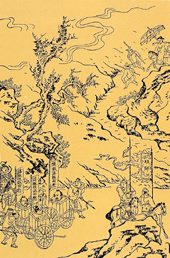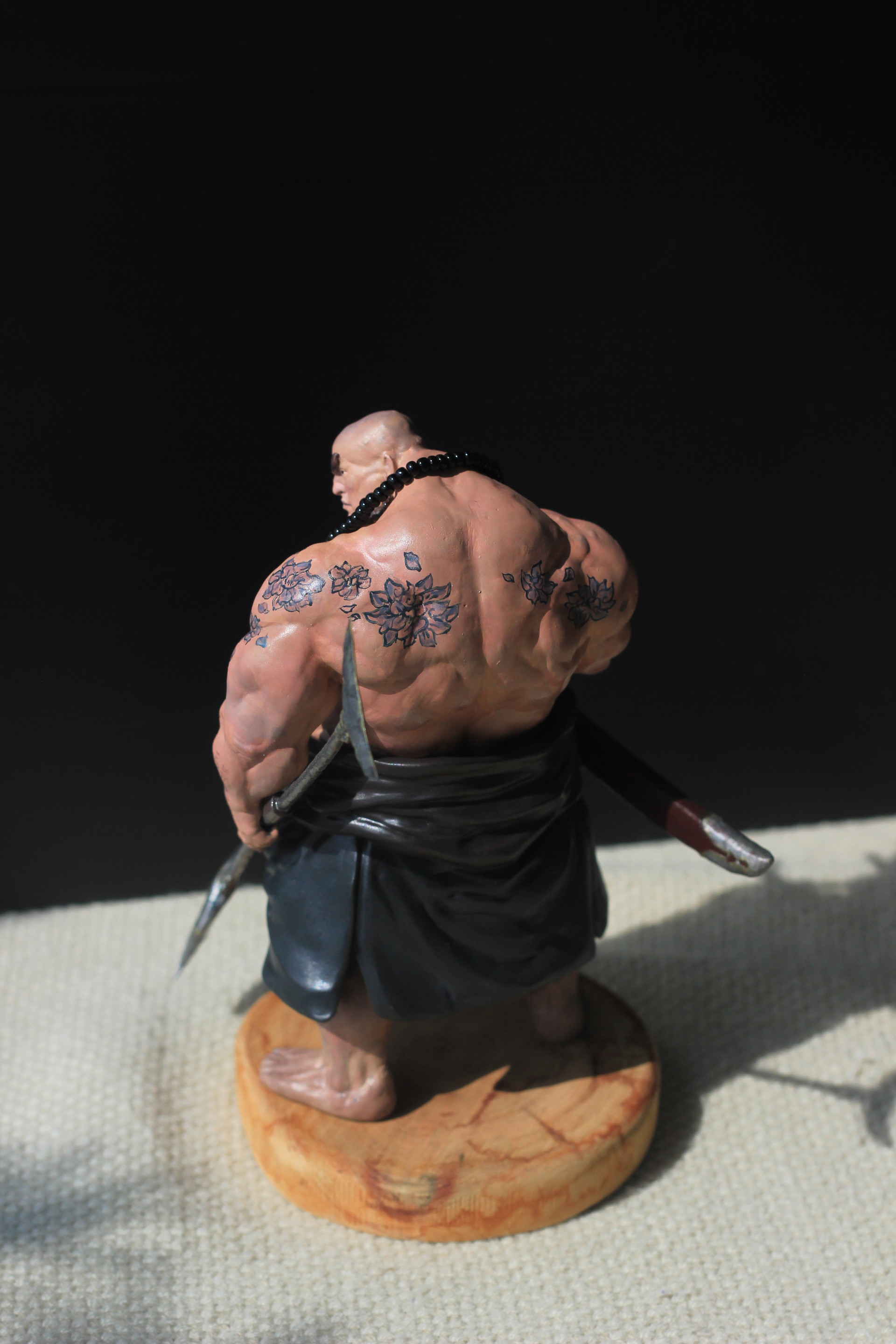

The first choice you make is if you are playing a Heroic character or a normal person.

The quicker you can get people actually gaming the better IMO.įrom there we get into the "full" chargen rules, which are point-buy, but with a few interesting twists. I don't know about anyone else, but I've had many games fall victim to the dreaded "Session Zero", where everyone gets together and spends a whole session making characters, and the game never goes any further than that. I really like this focus on getting the players into the game as soon as possible, and worrying about rules later. At the end of the session, you refer back to the detailed chargen rules, and "pay" for the bonuses you've already defined using the expanded Chargen rules. Anytime you want to perform an action in the game, you can record a bonus. Regardless, the second method is not much more difficult -Ī player simply chooses a character type, comes up with a name or appearance, and starts playing. PResumably when published, an appendix would have detailed the major characters from the legends who could be taken as a pre-gens. The simplest is of course to choose one of the characters from the Water Margin to play - or it would be, but that section of the game was never completed, as far as I know. The game offers three methods of character creation, with the aim of making it as easy as possible for players to jump into the game. There is a utilitarian brevity to the presentation here that packs an enormous amount of information into a condensed writing style I greatly appreciate, especially as the opposite has been something of a trend in the hobby since the 90s. These two sections take up only 3 pages before we reach chapter 1 "Characters". We start with a Preface in the form of a short story excerpt from the Water Margin tales, and then an introduction which gives an overview of the history of the Water MArgin tales, a brief overview of the rules and warning not too attempt to use every rule at once but introduce complications gradually as they fit the game, and then a section on Chinese language and pronunciation of terms.

So while the system itself is quite rules-lite (the franework of the system can be written up as a one-page document (something Mason himself did in an issue of Imazine), the majority of the game book is taken over to indoctrinating readers into the setting. The rules are heavily invested in placing a player in the mindset of a person living in 11th-12th century China. Paul Mason's game is, what he refers to himself as, a "Culture Game" (with Pendragon and Tekumel being prominent examples of this categorization). It is pulp Martial Arts mayhem at it's best. If you've never read it, or been exposed to the classic 1980's television series, I highly recommend giving it a go. The legends are heavily fanticized, featuring magic, demons, and liberal doses of over-the-top kung fu. It is considered one of the "Four Great Classic Novels of Chinese Literature" (along with Romance of the Three Kingdoms, Journey to the West, and Dream of the Red Chamber), although it's more a collection of legends than a novel, akin to the Tales of Robin Hood or the Arthurian mythos.īased on the historical outlaw Song Jiang and his companions who, in the Song Dynasty of the early 12th century, faced down the army of the Emperor. Sometimes translated as "All Men Are Brothers" or "Outlaws of the Marsh", it is a Wuxia narrative of the disconnected adventures of a group of heroes fighting against injustice and corruption that in the end band together as a team. Outlaws of the Water Margin of course refers to the classic cycle of adventure tales first recorded in the 14th century.

Sadly it never got an official release, despite it being nearly complete in the last form it was made available online. I followed it's development for years, and I've name-dropped it here on several occasion in the past (I think the most recent time being the thread on Initiative systems from last month). Outlaws has long been a system that I've greatly admired and taken inspiration from. With the recent Tetsubo announcement,I figured it might be a good time to introduce the game to those unfamiliar with it, by way of a mini review/overview.


 0 kommentar(er)
0 kommentar(er)
